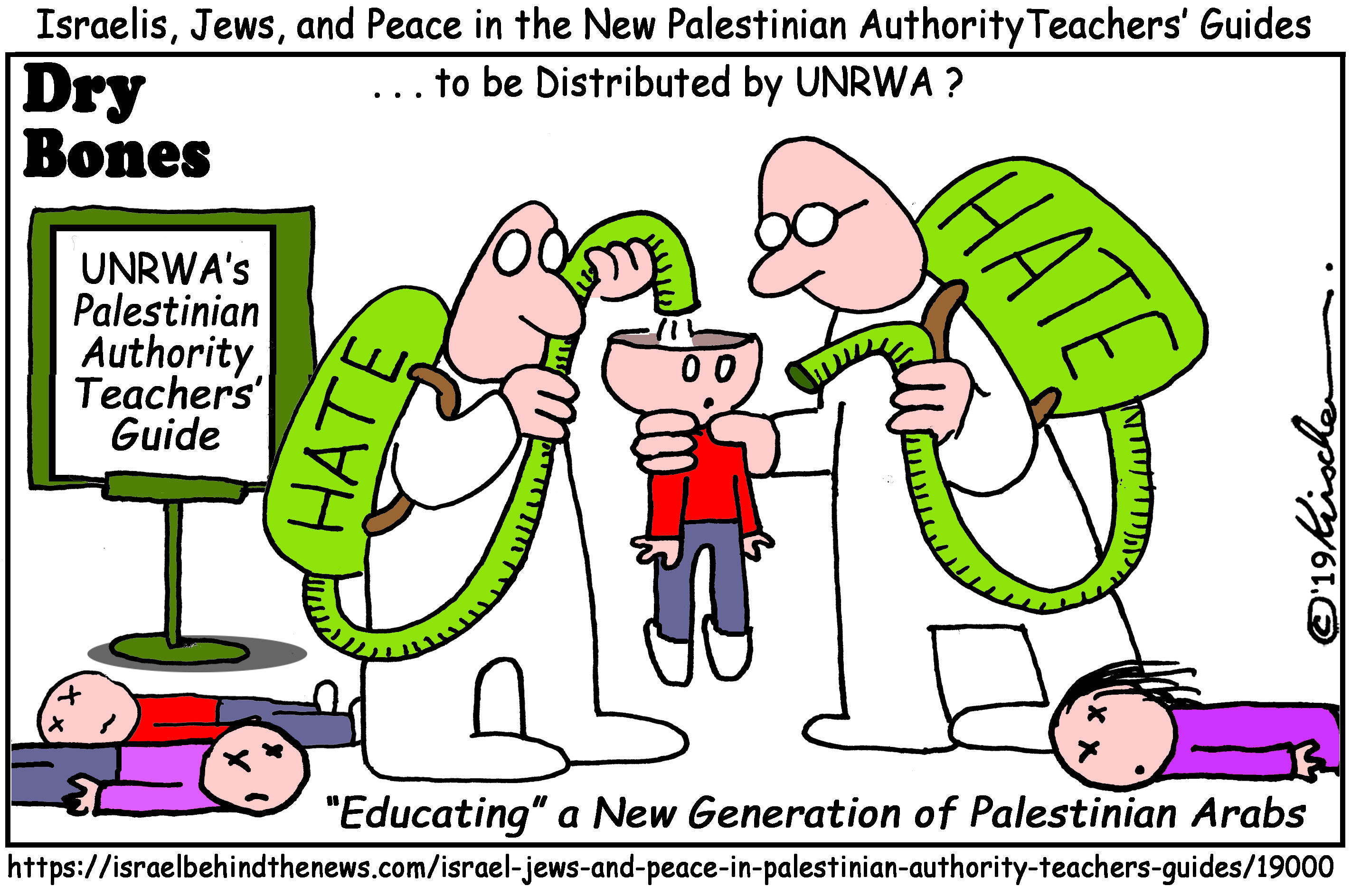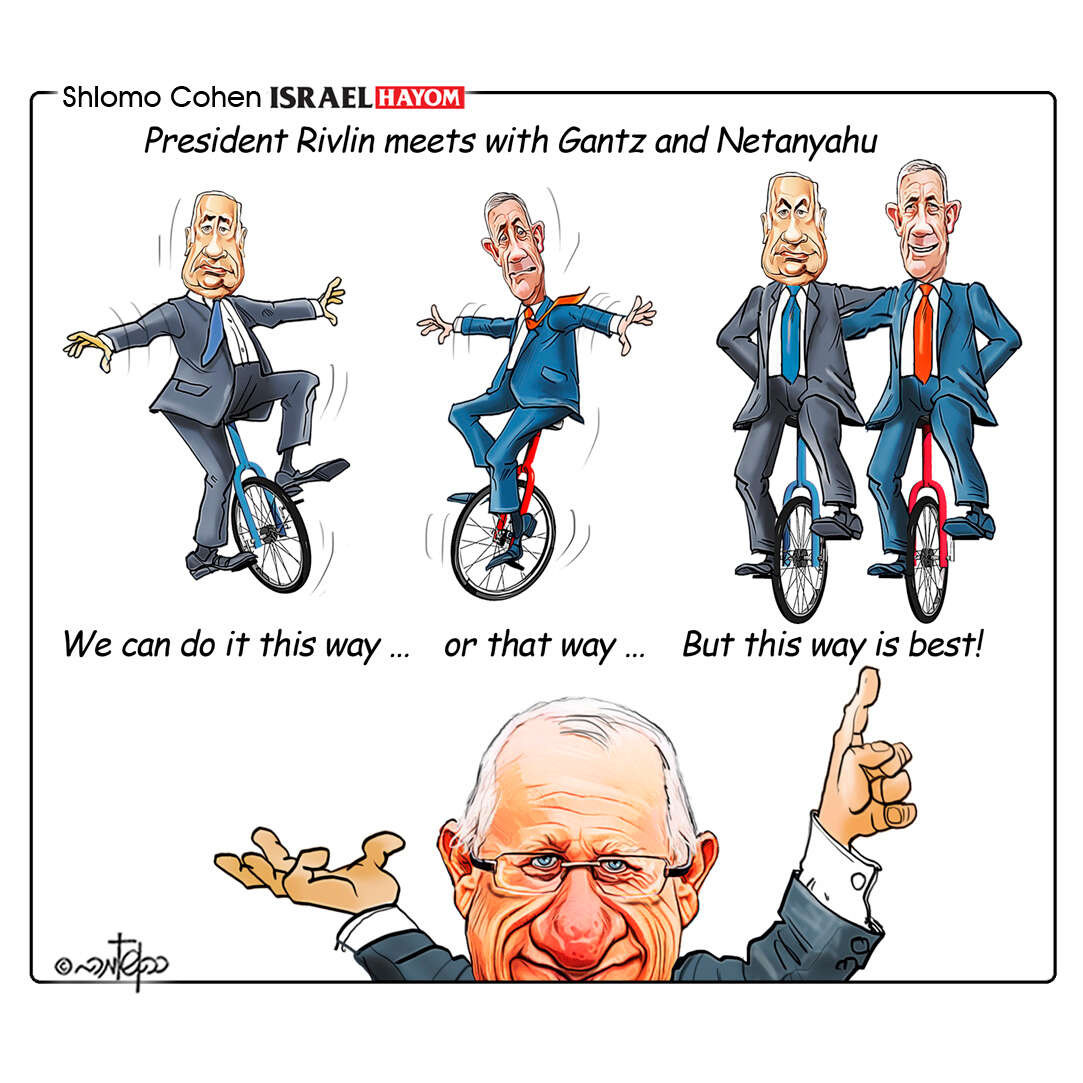John Hagee: Why Israel’s Enemies Will Not Triumph
Given recent events in the Middle East, our leaders would benefit from the wisdom shared in the Book of Esther. Despite the name of God never appearing in the book, Esther’s story shows us that He will always preserve the nation of Israel, no matter how grave the danger. And vitally, this history also reminds us that God calls ordinary people to help in this righteous calling.Between Two Promised Lands
In fact, the word of God is replete with examples of common and flawed individuals who are now immortalized as heroes of faith — all because of their willingness to be used by God for the benefit of His people. Abraham was disobedient, Moses was a murderer who stuttered, David was the youngest and the runt of the family, Esther was an orphan. All of these people changed the trajectory of the world not because they were perfect, but because they were brave and willing to go forward.
Unfortunately, the enemies of Israel did not disappear with Haman and his sons, or the Nazi cowards of World War II. The modern enemies of Israel take on more insidious forms than their predecessors, and some of them were recently granted visas to the United States in order to attend the UN General Assembly this week.
While the Book of Esther is set in ancient history, its principles remain true today. Iran’s President Hassan Rouhani and Foreign Minister Mohammad Javad Zarif are modern-day Hamans. Like Haman the Agagite, they have not been discreet about their plans for Israel and the Jewish people. In fact, Iran’s weapons are emblazoned with the words “death to Israel.” So, what are we willing to do about it?
In his new book, ‘We Stand Divided,’ Daniel Gordis examines the deep roots of the growing rift between American and Israeli JewsIreland Ignores Palestinian Textbooks that Encourage Hatred of Israelis
In the book’s most stimulating and provocative chapter, Gordis presents American and Israeli conceptions of democracy as being fundamentally at odds. In the U.S., politics have been organized around the right to free and equal exchange in the public square, Gordis argues, and American Jews acculturated into this system have come to idealize a form of “naked” democracy, utterly stripped of all cultural symbols. Such “hypercivility,” as Gordis describes it, is incompatible with the Jewish particularism that is a founding mission of Israel, a nation created, after all, not to enshrine universal values but to ensure the survival of a single people. “For long before there was a Jewish state, there was an implicit understanding in the yishuv that Jewish substance should pervade Israel’s ether,” Gordis writes. Accordingly, Shabbat sirens in Jerusalem, temporary halting of bus services, strict religious conversion standards, and even forbidding the public display of hametz during Passover are seen as legitimate, and necessary, infringements on individual rights to preserve Judaism’s national identity.
To uphold the divide between Israeli and American Jews as the result of incompatible visions of Judaism and democratic politics rather than a temporary, contingent rift, Gordis can, at times, reduce the internal complexity in both of these communities to a simple binary contrast. We Stand Divided sometimes skirts around the deep divisions emerging within the American and Israeli camps by granting the two groups singular voices where they are more often characterized by a cacophonous bickering that may be unhelpful for illustrating stark themes, but are instinctively recognizable background noise to Jews all over the world. For instance, Gordis’ suggestion of consensus among Israelis regarding their nation’s ethnic democracy threatens to suffocate the great national divisions within Israel over religion’s growing political prominence and the treatment of minority groups—divisions that have animated the last several Israeli elections and contributed to the country’s political gridlock.
We Stand Divided is a natural progression from Gordis’ previous work, Israel: A Concise History of a Nation Reborn, offering a broad spectrum of readers, from the unacquainted to the well informed, a constructive, digestible framework for interpreting recent developments in the American-Israeli relationship. Gordis succeeds in demonstrating the essential point of We Stand Divided in that today’s strained ties are neither new nor novel. “I argue that although most observers believe that the fraught relationship is due to what Israel does, a closer look at Jewish communities in Israel and the United States suggests that the real reason has to do with what Israel is,” Gordis writes. Locating the divisions over Israel as a matter of essence rather than particular actions, Gordis suggests that Israeli and American Jews are prone to misunderstand each other—but this doesn’t necessarily mean that they have to inevitably drift further apart. That remains to be seen and depends partly on whether they can look honestly at what divides them.
I was surprised and genuinely shocked to learn that the Irish Department of Foreign Affairs has turned a blind eye to the toxic indoctrination of Palestinian children who are being fed a hate-filled version of their history. In 2010 a new initiative was launched between the Palestinian Authority and five European states to support the education sector. Ireland was to focus on curriculum development and basic education as the lead nation on textbook development. The result is that the bad old PA curriculum is now much worse.
The Institute for Monitoring Peace and Cultural Tolerance in School Education (IMPACT-SE) monitors school textbooks to see how they measure up to UNESCO and UN standards for peace and tolerance. What emerged from the Palestinian Ministry of Education was filled with violent wording and is openly anti-Semitic: Jews control the world and are corrupt, there is no possibility of peace with Israel, martyrdom and jihad are the most important things in life, and "dying is better than living." Killers classified by the UN as terrorists are glorified as role models and heroes to be emulated.
Marcus Sheff, chief executive officer of IMPACT-SE, has been astounded by the silence of Ireland. "The Irish Government is involved in these textbooks to a greater extent than any other donor government," he noted.






































.jpg)





